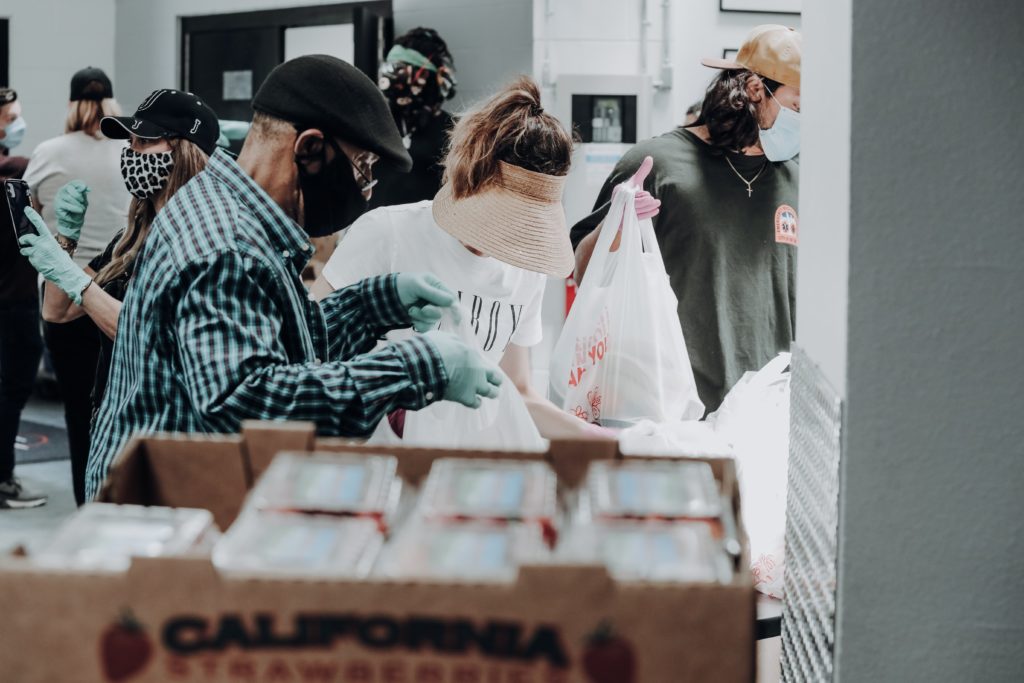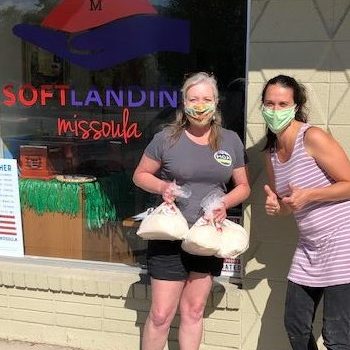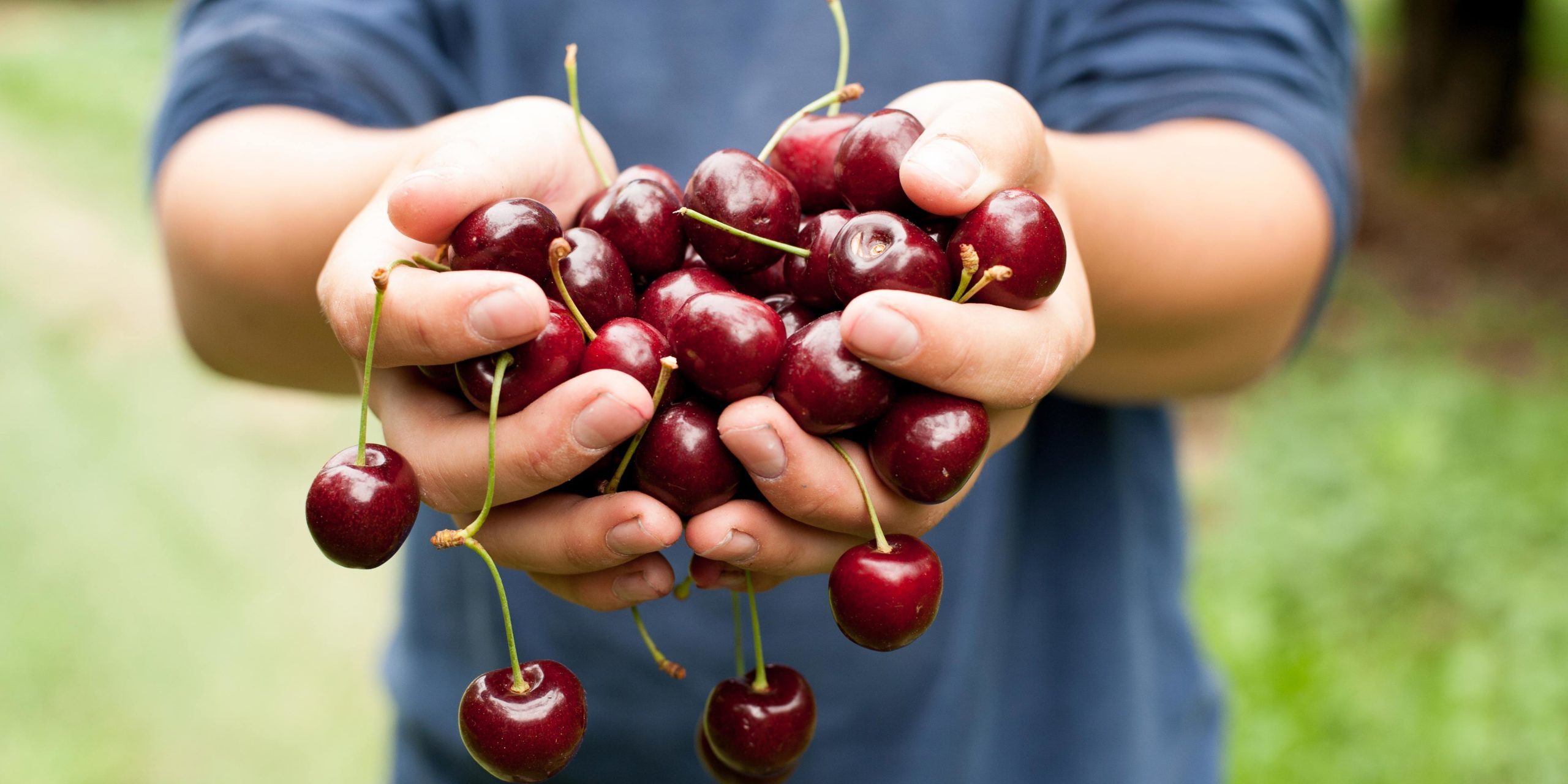 About Us
About Us
Mission, Vision, Purpose, Story, Accountability & Impact
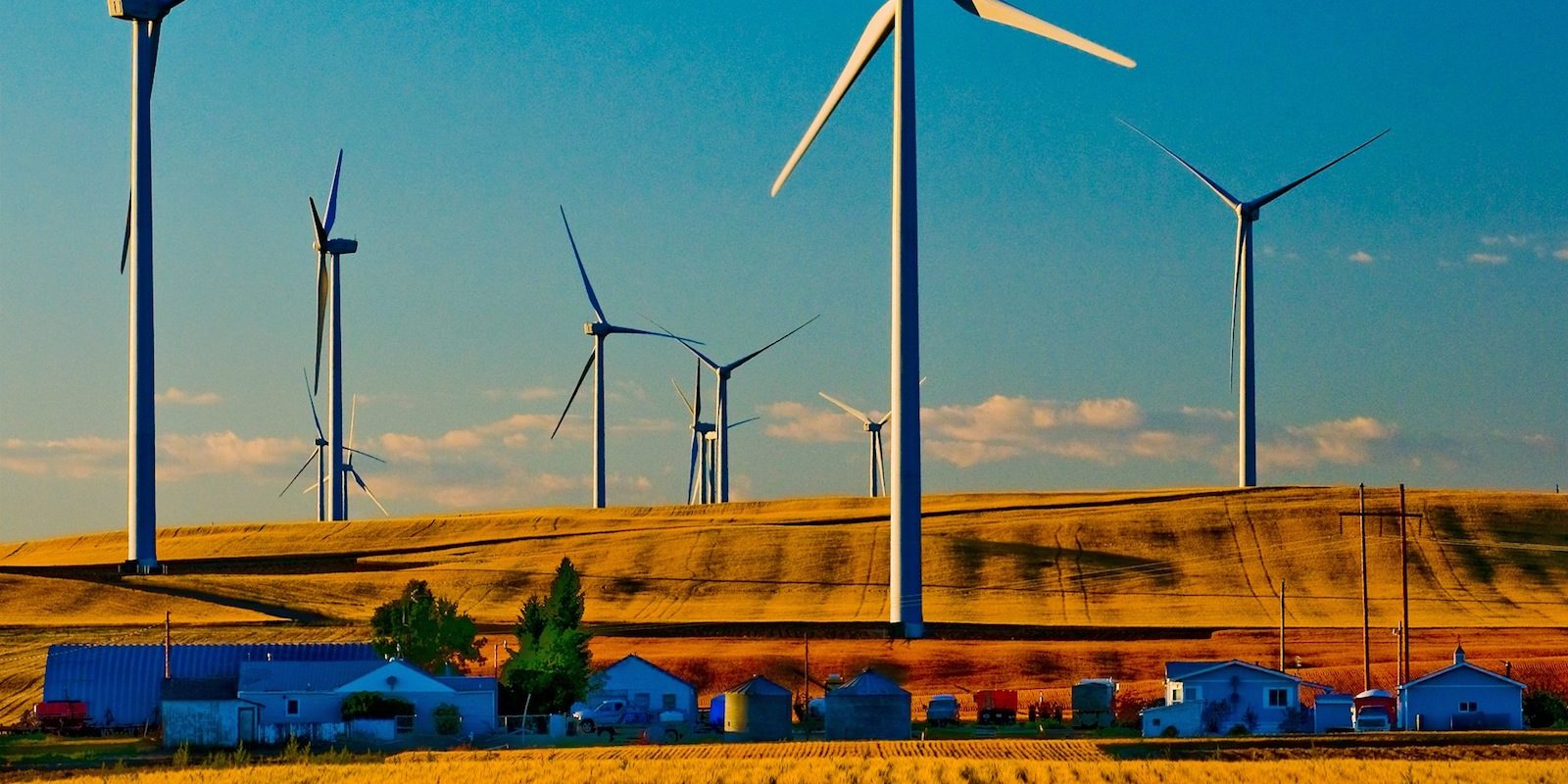 Vision & Values
Vision & Values
AERO Program Philosophy & Criteria
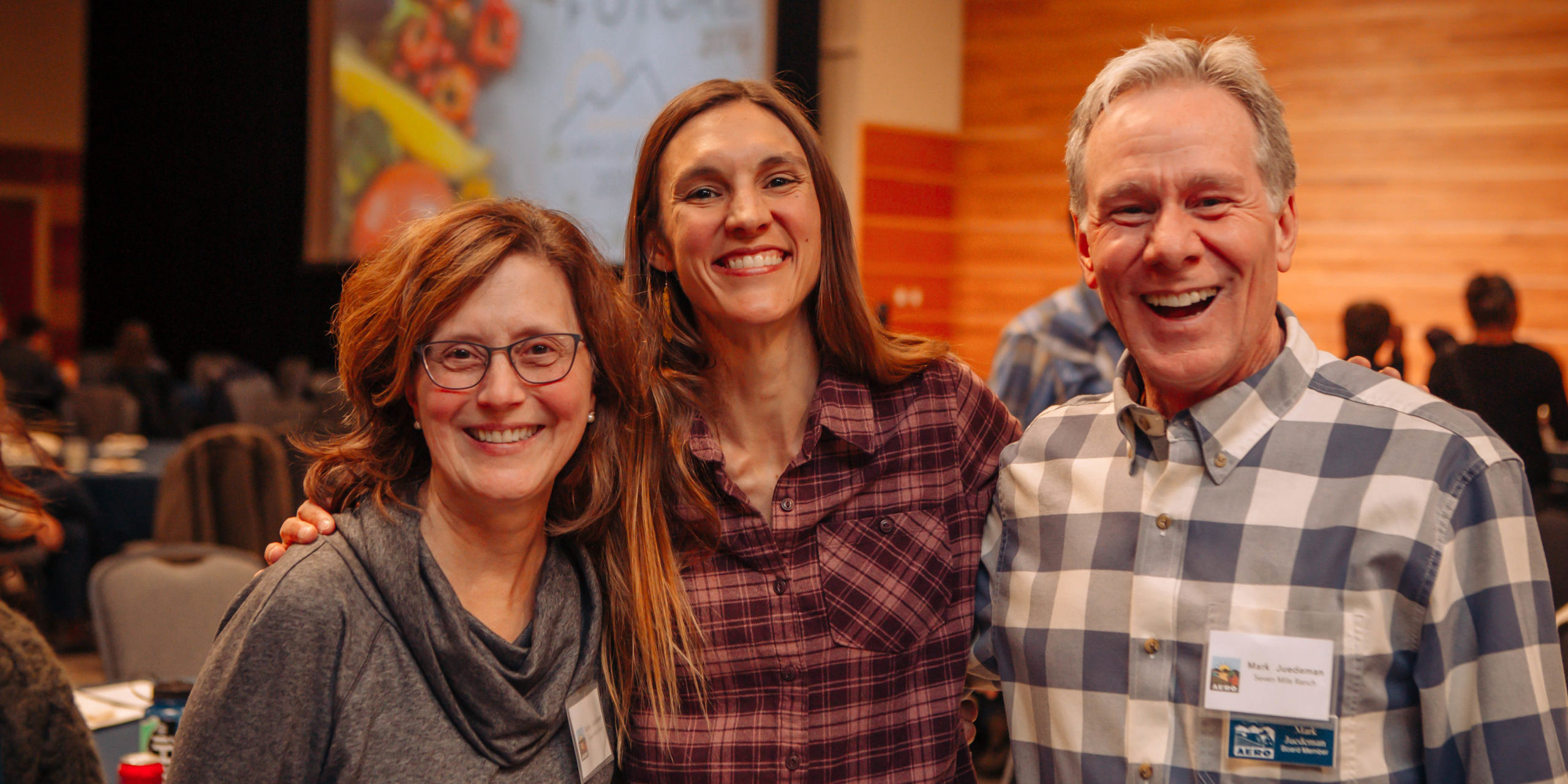 Friends of AERO
Friends of AERO
AERO Friends & Supporters
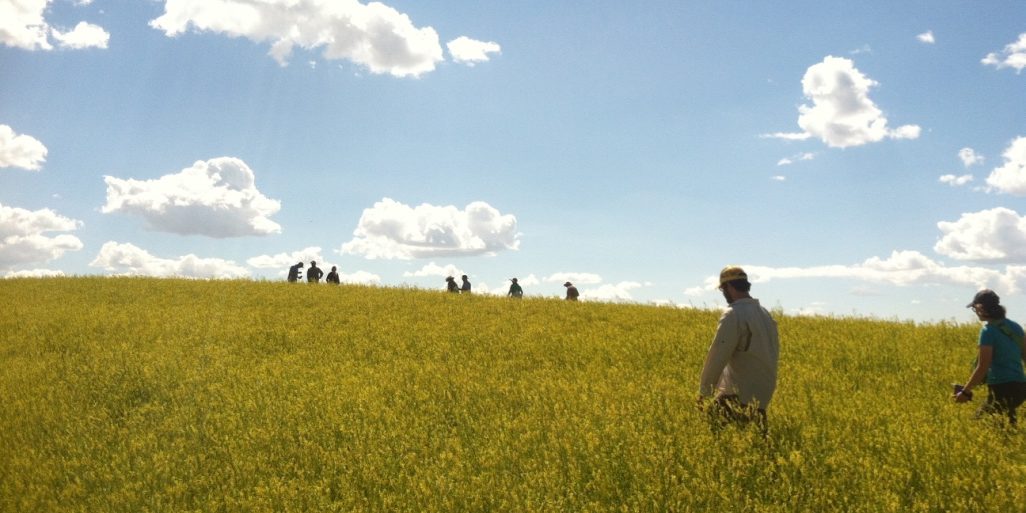 Our Team
Our Team
Staff & Board of Directors
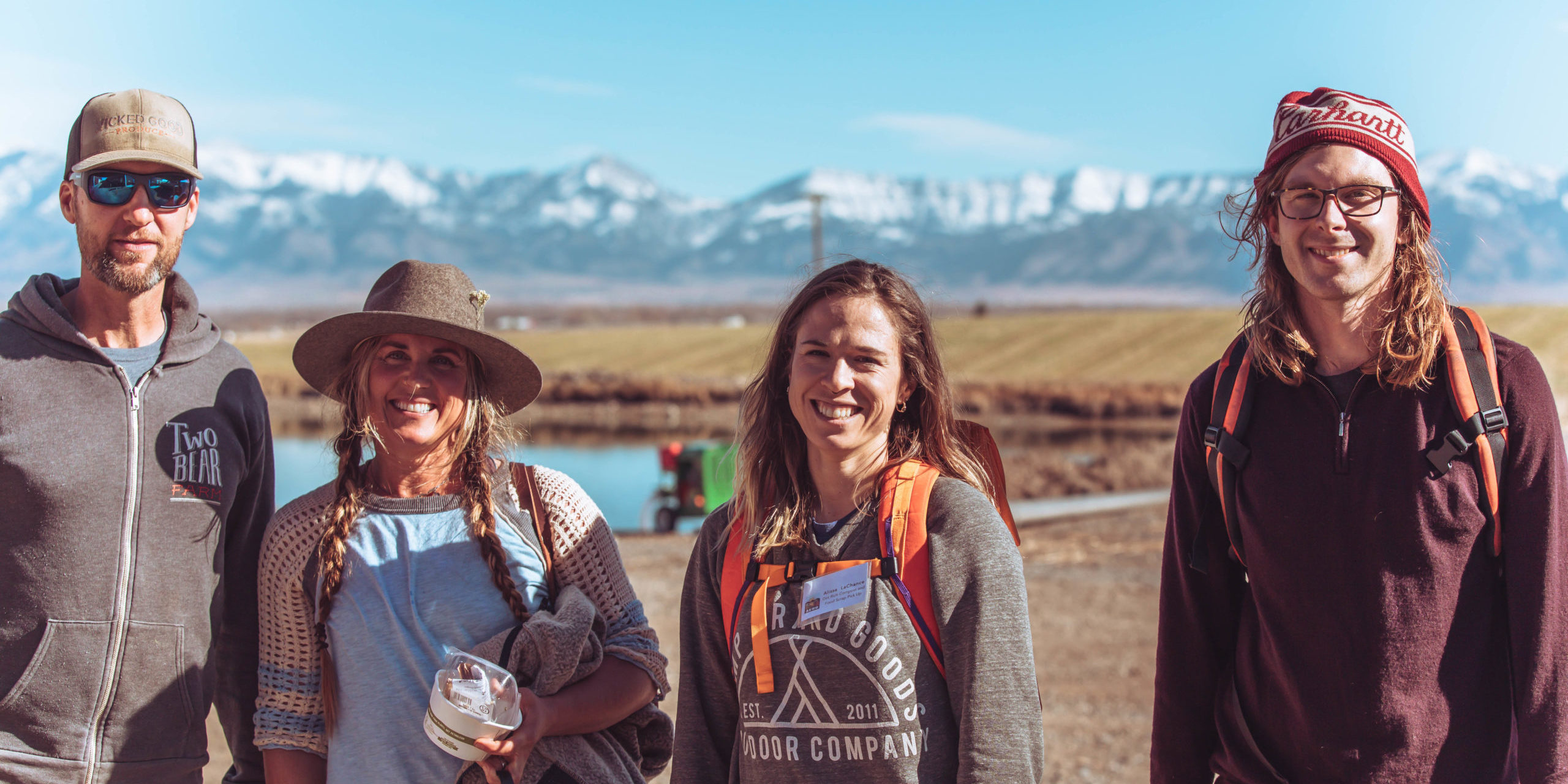 Jobs & Board Opportunities
Jobs & Board Opportunities
Careers, Internships & Board of Directors
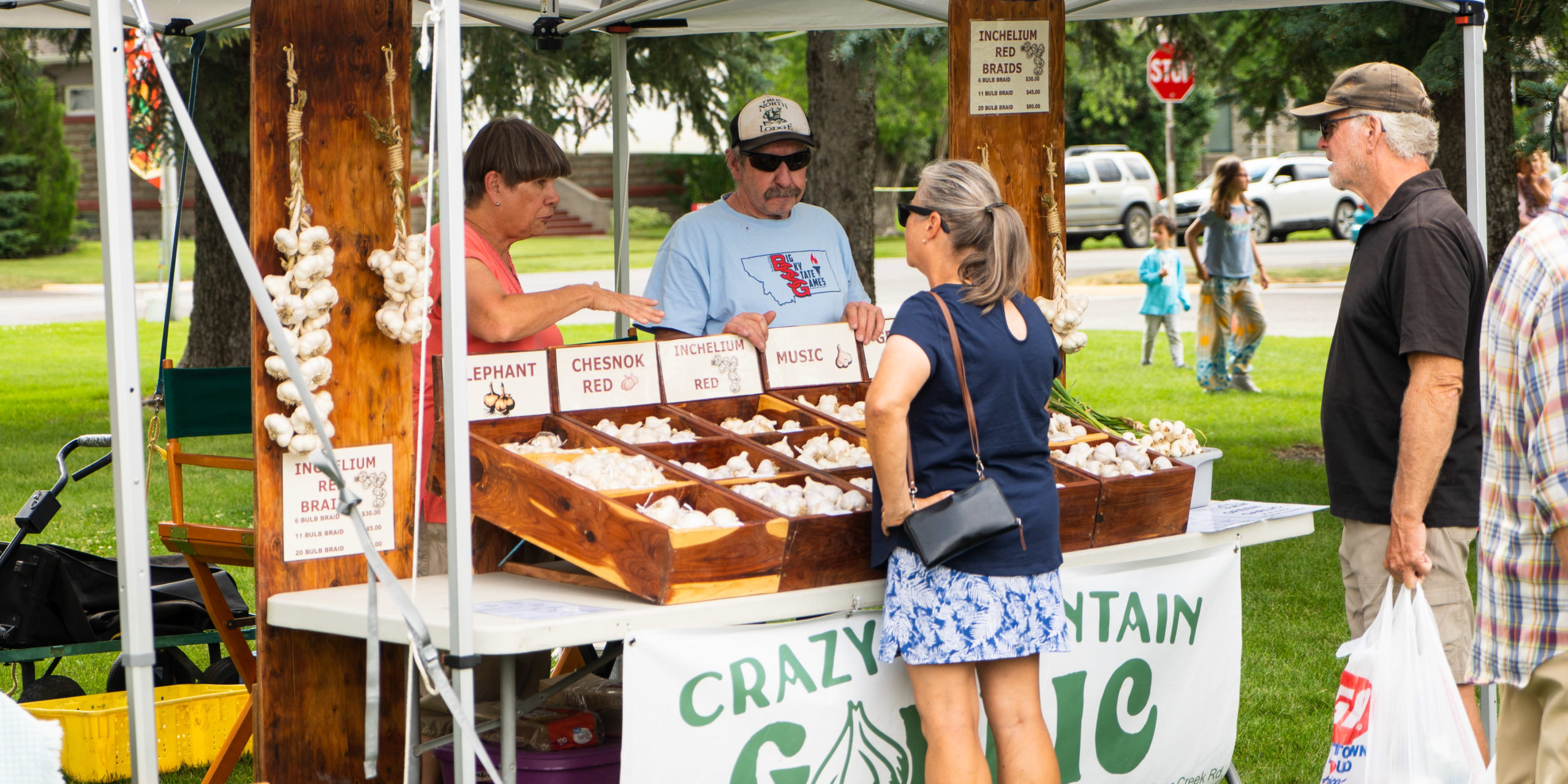 Montana Food Economy Initiative
Montana Food Economy Initiative
Cross-sector, community-based projects for food system resilience
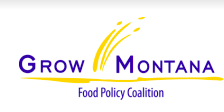 Grassroots Leadership
Grassroots Leadership
Grow Montana Food Policy Coalition
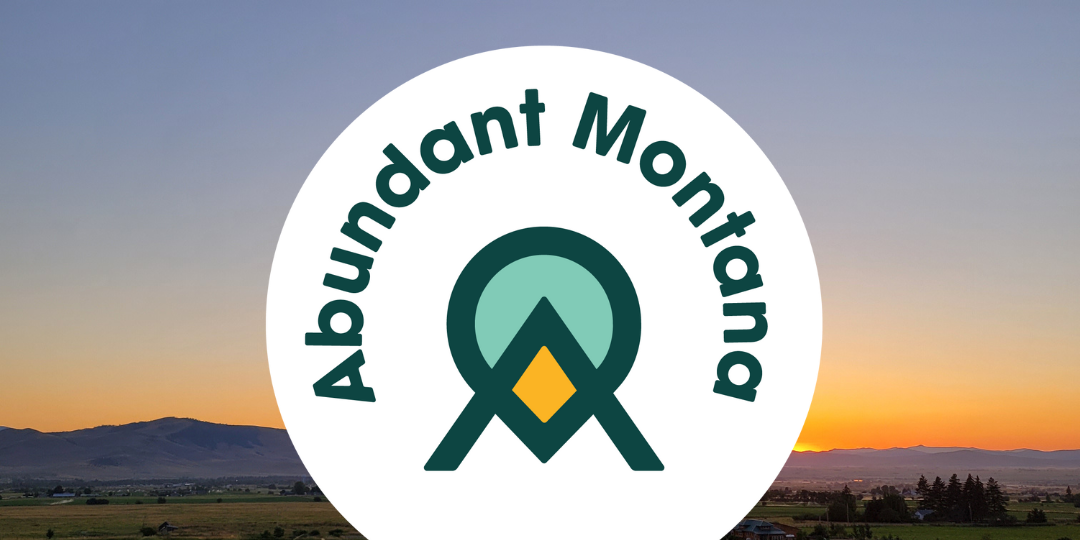 Abundant Montana
Abundant Montana
Montana’s megaphone for local food, farms, and food businesses
 Value-Added Producer Success
Value-Added Producer Success
Trainings, market support, & advocacy in partnership with producers and regulatory bodies
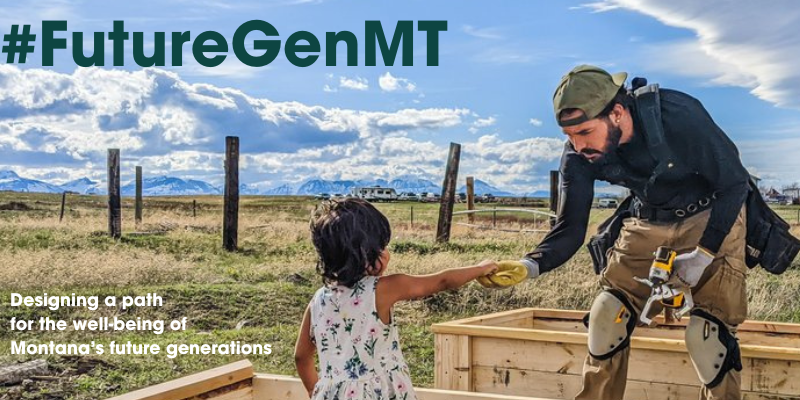 #FutureGenMT
#FutureGenMT
How folks are working together for the well-being of Montana’s future generations
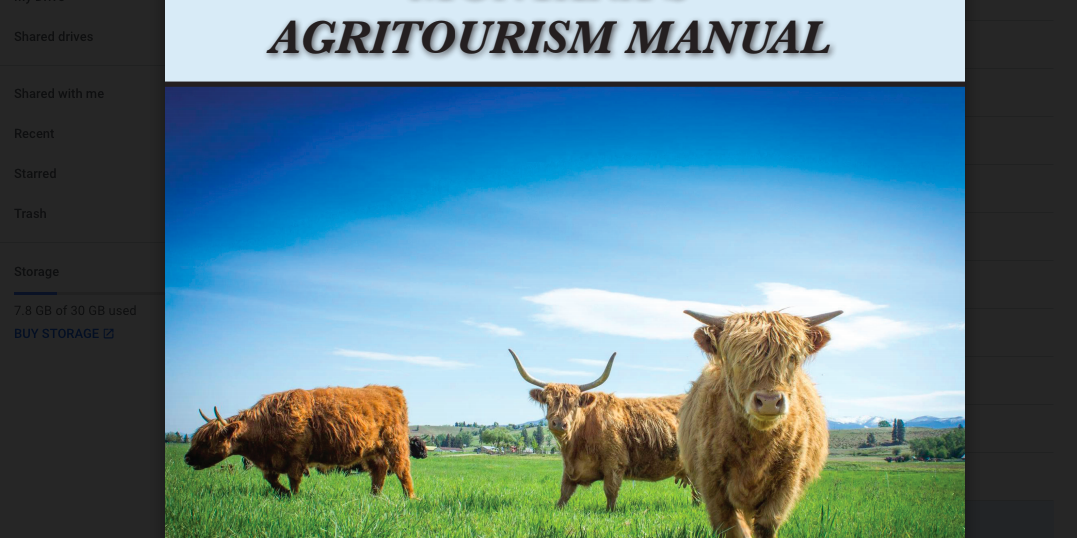 Downloadables
Downloadables
Downloadable Resources
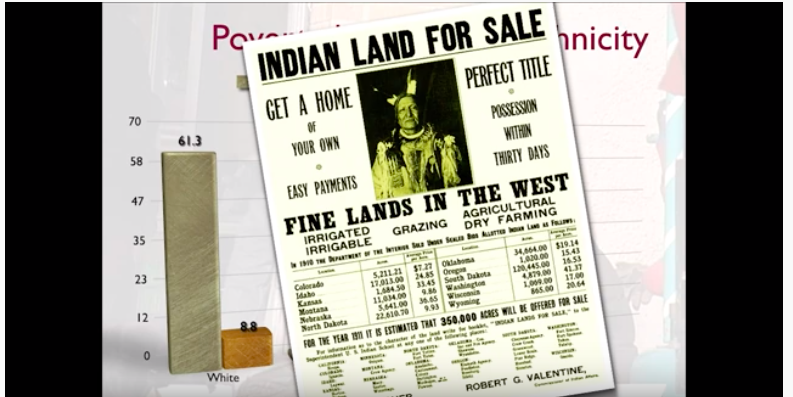 Videos
Videos
Live Program & Event Recordings
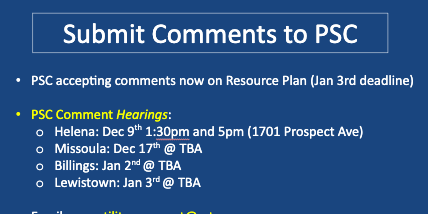 Webinars
Webinars
Training & Meeting Webinar Recordings
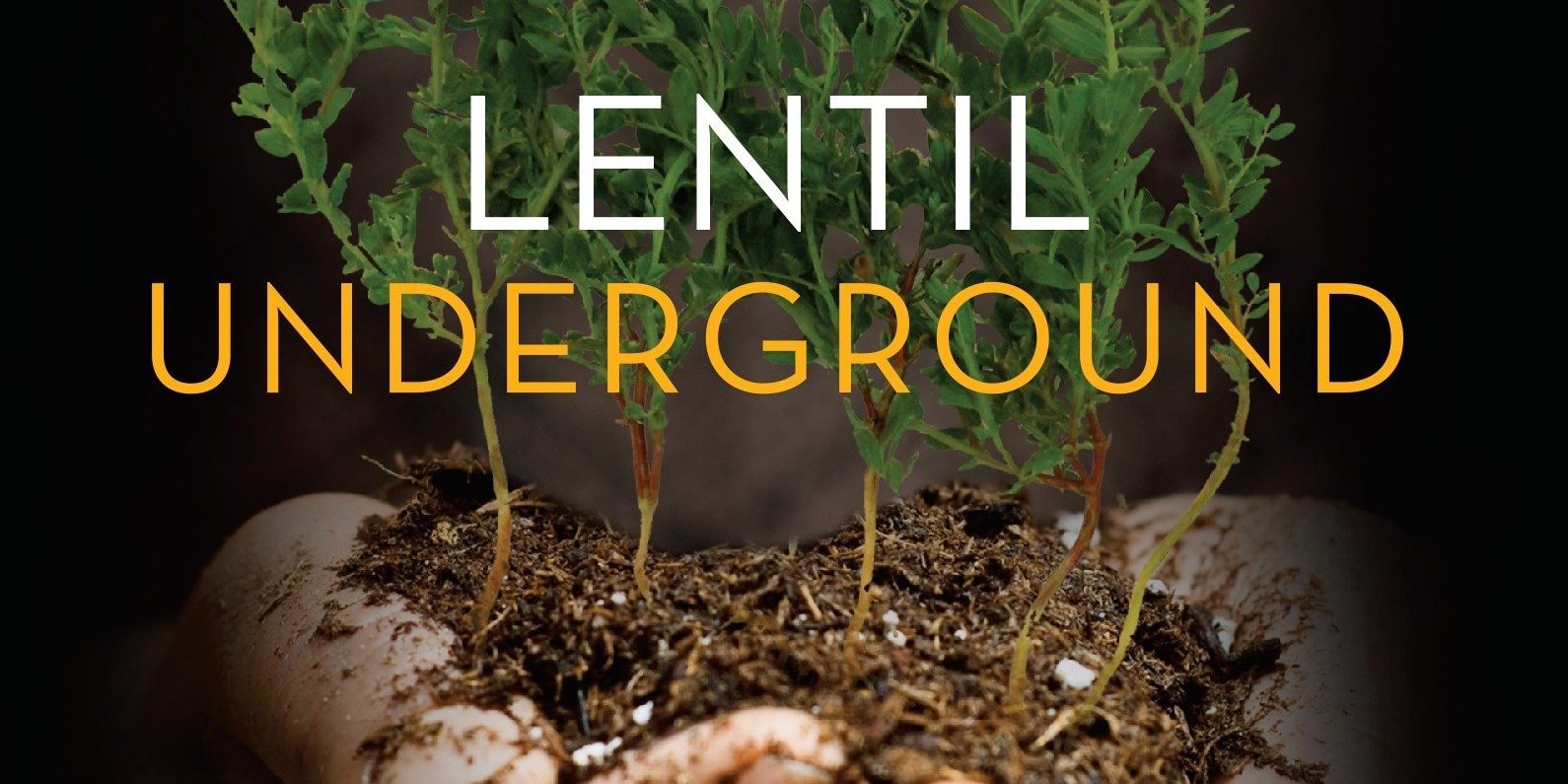 Get Inspired
Get Inspired
AERO’s founding story & Grain by Grain
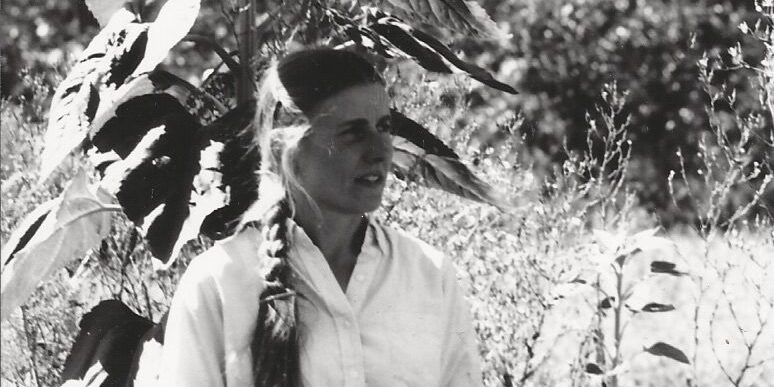 Jane Kile Scholarship
Jane Kile Scholarship
Annual funding opportunity for stewards of land, communities, and food systems
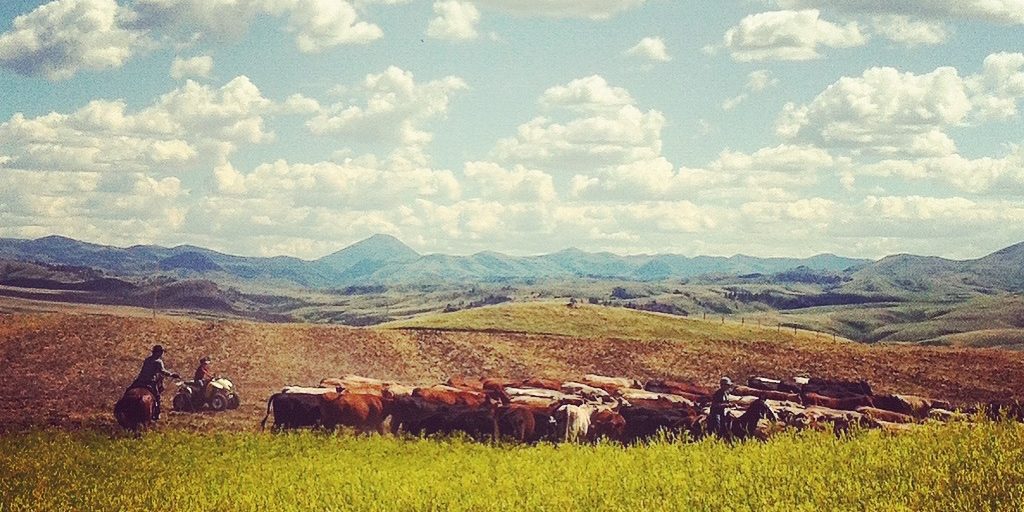 Events
Events
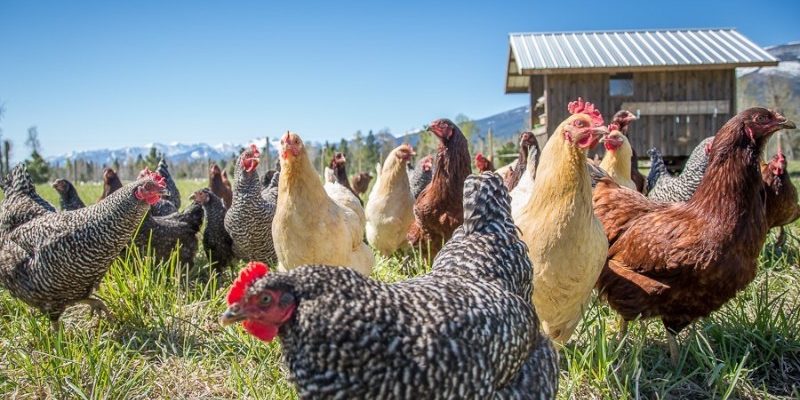 Sun Times
Sun Times
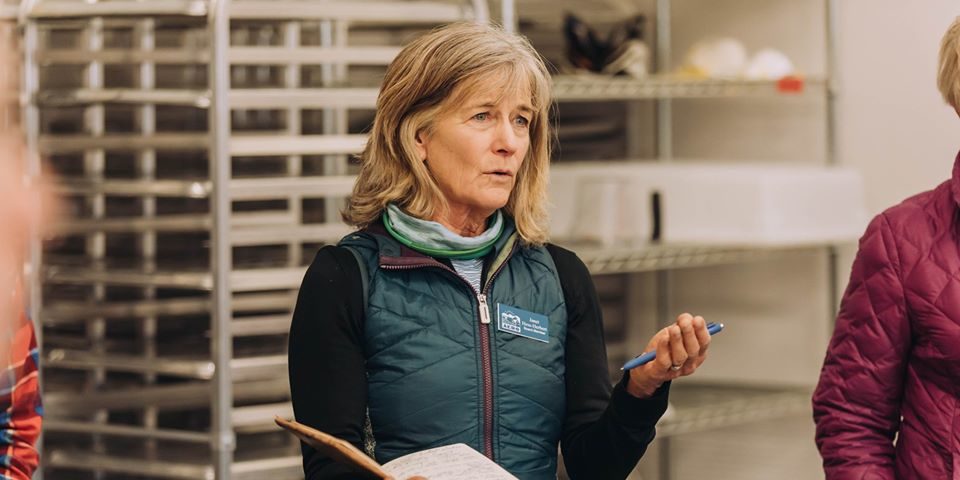 News
News
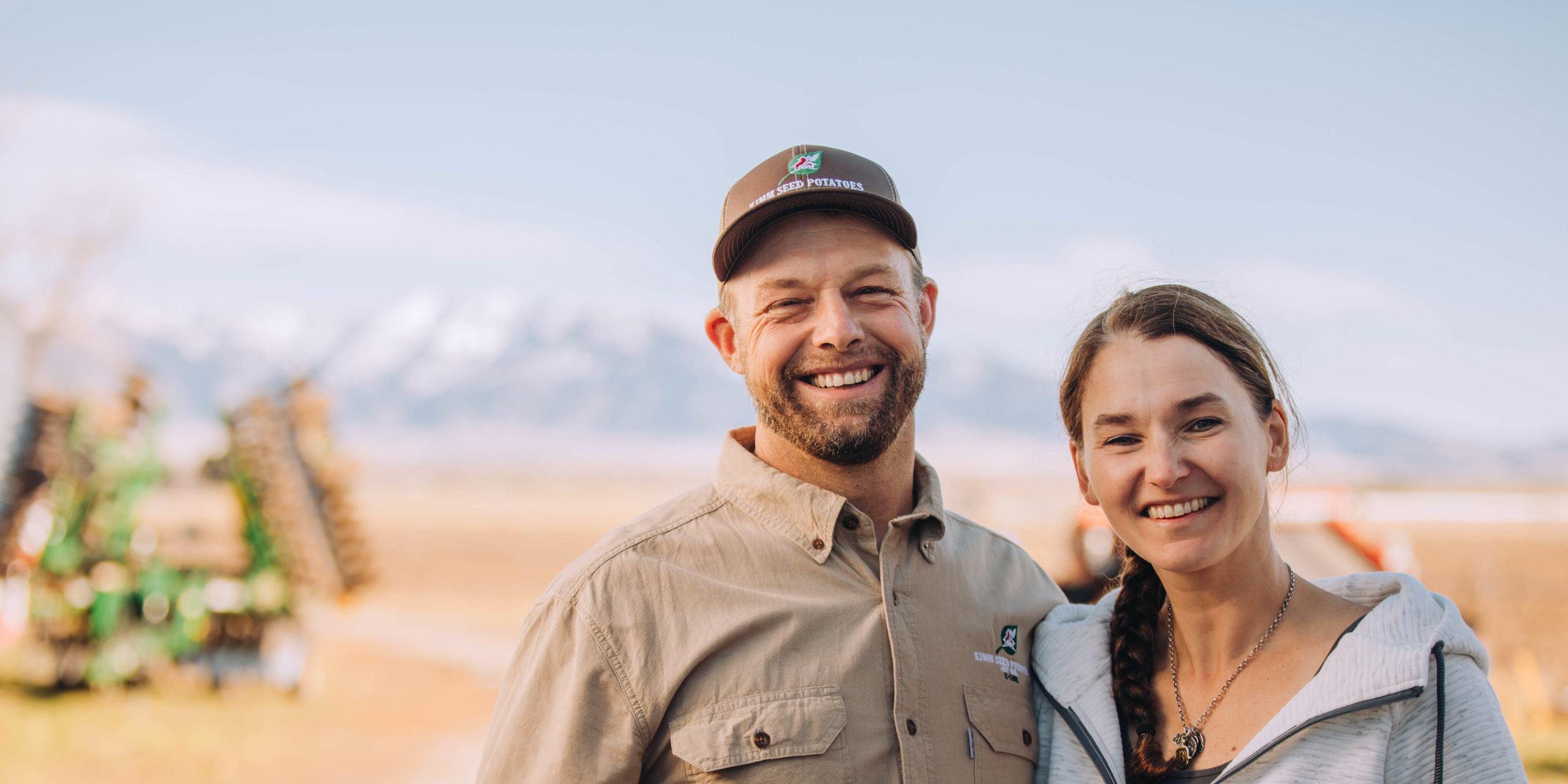 Success Stories
Success Stories
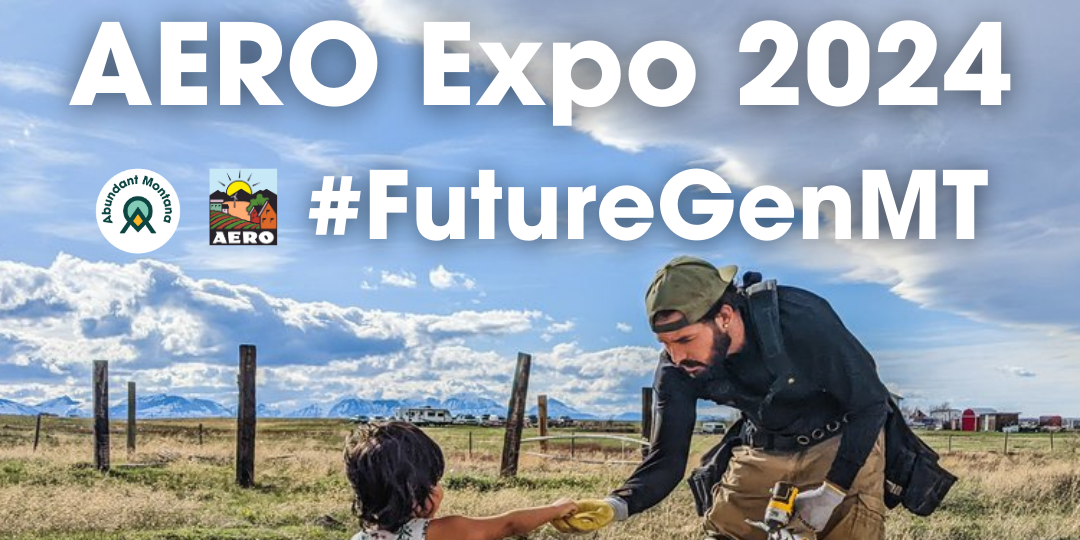 Expo 2024
Expo 2024
